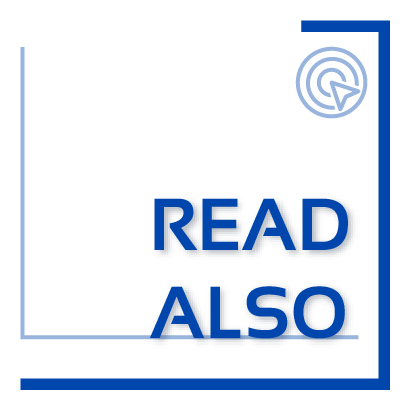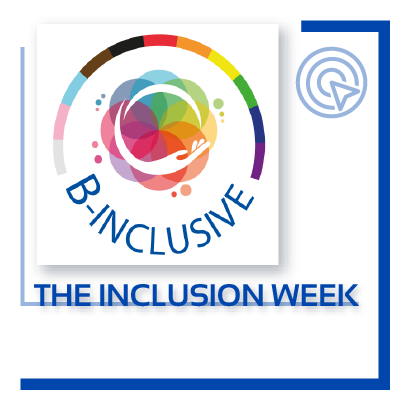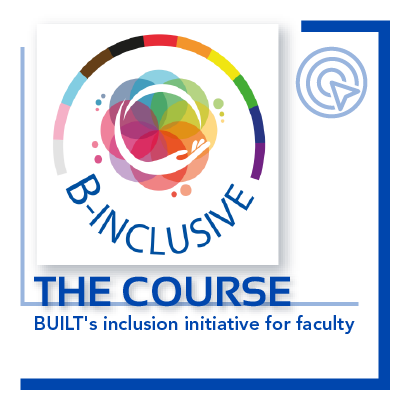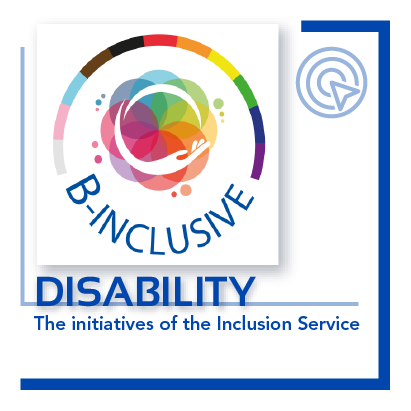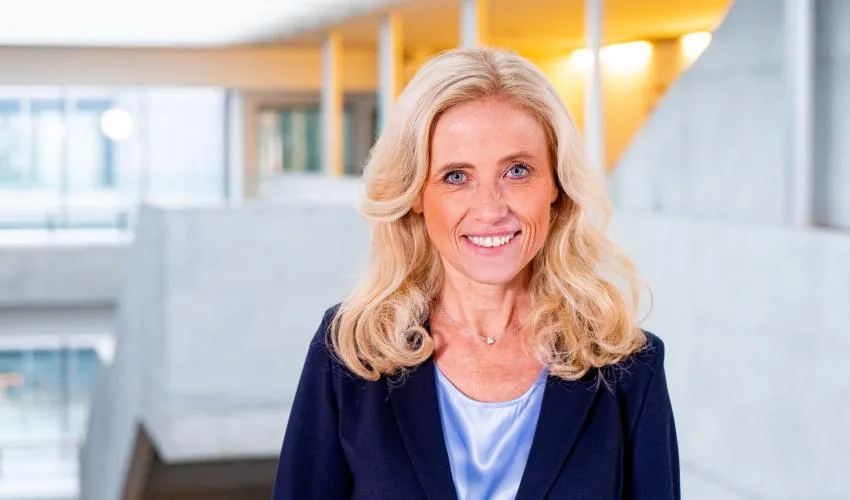
Inclusion Is a Commitment of the Entire Community
Through its 2030 Vision, the strategic planning document guiding the University through the next decade, Bocconi is committed to building an institution based on the values of diversity, inclusion and equal opportunities, as Rector Francesco Billari reiterated on 21 October in his speech at the opening ceremony for the new academic year. It is a goal in which every effort is aimed at ensuring that the entire University student body, faculty and staff have the same opportunities for growth and development, regardless of gender identity, sexual orientation, religion, nationality, ethnicity, socio-economic status, disability, mental health conditions or other specific needs. This pledge therefore involves all members of the University, as summarized by Paola Profeta, Full Professor at the Department of Social and Political Sciences and Dean for Diversity, Inclusion and Sustainability.
Let's start with Inclusion Week, scheduled from 10 to 17 November. This initiative represents the University's commitment at its core, with a strong symbolic value.
Certainly, but not only that. Inclusion Week was also created with the aim of increasing awareness and knowledge of inclusion initiatives within our University. It will be possible to not only listen to the speakers of the various scheduled events, but also to have first-hand experiences.
The term inclusion is generic. What are the trajectories in which your work unfolds?
There are many. One, for example, is that of multiculturalism. One of our goals is to have 30% non-Italian students, an outcome that has not yet been fully achieved but on which we are working in two ways: firstly, through teaching, increasing the number of programs in English; and secondly, with specific initiatives including for refugee or migrant students, with different forms of support. Simultaneously, the number of faculty and staff members of non-Italian nationality is also rising.
Then there is the theme of disability, which can be physical or mental.
Bocconi is committed to pursuing more compensatory measures in favor of students with disabilities – not only with regard to their course of study, but also later when they join the workforce, through our contacts with the private sector. One issue we care about tremendously is mental health, with requests for help increasing enormously since Covid. We have created a counseling service to give support to those who show signs of distress, and at the same time we try to monitor the state of mental wellbeing of our students, in order to intervene promptly at the first signs. Obviously, more can be done and we are thinking of many initiatives that are still lacking on the subject.
The theme of inclusion has become central and is truly "all encompassing". Students get in touch with it right from the start...
Yes, at both the Welcome Days and Open Days events – to name two of the most significant annual events that take place at Bocconi – we address these topics also thanks to the involvement of student ambassadors who testify to how important it is for the University to develop an inclusive climate open to all. For example, the "A Scuola di Inclusione" project aimed at high school students is included in our initiatives on this matter.
Inclusion, however, as you mentioned earlier, does not only concern students but the whole community. What are the initiatives in this regard?
First of all, we have created language guidelines so as to be aware of not only how we speak and communicate, but also write and redact documents in an inclusive way that is not discriminatory towards anyone in any of the capacities previously mentioned. Then there is the topic of teaching, for which we have prepared a course for all faculty explaining to them how to be inclusive during lectures. These initiatives follow the work carried out to make digital documents accessible or to facilitate "Alias career" procedures. Inclusion is achieved through daily practice, rendering every corner of our campus truly accessible to everyone as we eliminate different barriers – architectural, cultural or even those of perception. There is still much to be done, but our commitment remains continuous and steady. 